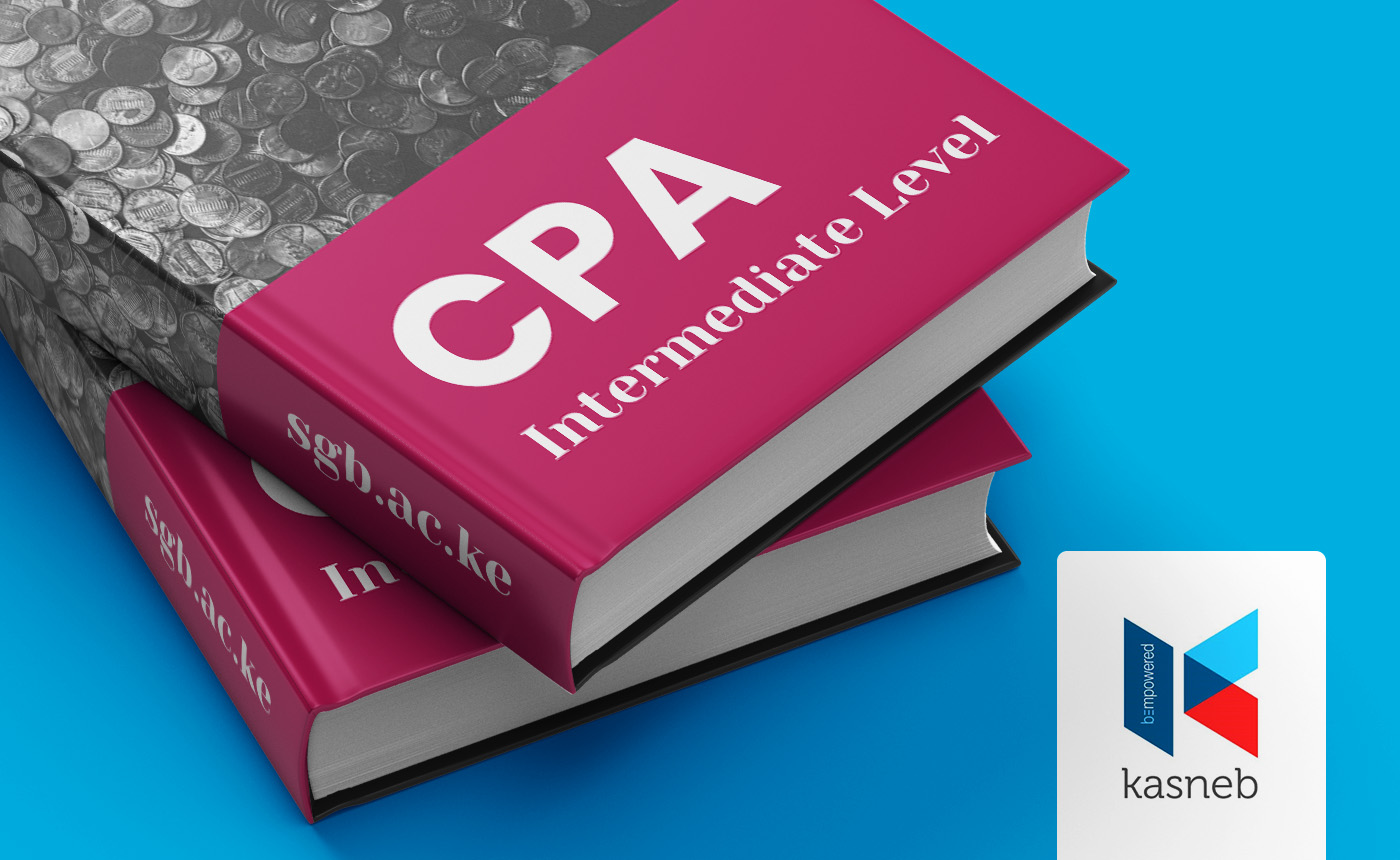Phone: +254 700 524589 | +254 782 524589 Email: [email protected]
Paper 11: Management Accounting

About Course
The Professional courses are administered at Foundation, Intermediate and Advanced Levels. Each level requires an average of one year, though candidates are advised to provide for an additional one year to meet requirements for internship/ practical experience.
A student must book for a minimum of three papers in a level in any order unless is exempted or has credits.
Prior to certification, candidates will be required to:
- Attend workshops on ethics, soft skills and emerging issues organised by kasneb and ICPAK and earn IPD hours.
- Obtain 1-Year practical experience, or alternatively attend workshops on work based simulation organised by kasneb and ICPAK.
This course is aimed at persons who wish to qualify and work or practice as professional accountants, auditors, finance managers, tax managers and consultants in related areas in both public and private sectors.
Course Content
SEPT – DEC 2025 CLASS RECORDINGS
-
OCT 23RD
55:04 -
OCT 25TH
01:11:06 -
NOV 6TH
01:35:47 -
NOV 8TH
02:30:56 -
NOV 12TH
27:00 -
NOV 18TH
01:11:56
Overhead Costing
ADDITIONAL NOTES
MAY TO AUGUST 2025 CLASS RECORDINGS
JAN – APR 2025 CLASS RECORDINGS
CLASS RECORDING APR – AUG 2024
online class link
Overview
Process Costing Illustration
Non-routine relevant costs
Overhead Costing
Week 1 Topic1. The context of management accounting:
Week 2 Topic 2. Costing terms and concepts
Week 3 Topic 3. Introduction to cost estimation
Week 4,5,6,7 Topic 4. Cost accumulation
Week 8 Topic 5. Activity based costing
CLASS RECORDING 1/2024
Week 9 Topic 6. Product costing methods
Week 10,11 Topic 6. Product costing methods
Week 12 Topic 7. Marginal and absorption costing
Week 12 Topic 8. Cost-volume profit analysis (break-even analysis)
Week 13 Topic 9. Budgetary control
Week 14 Topic 10. Standard costing and variance analysis
PAST PAPERS
Student Ratings & Reviews

